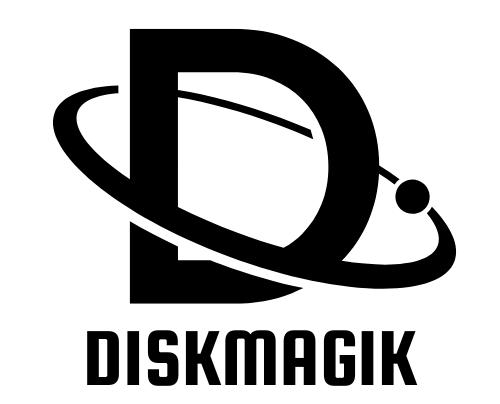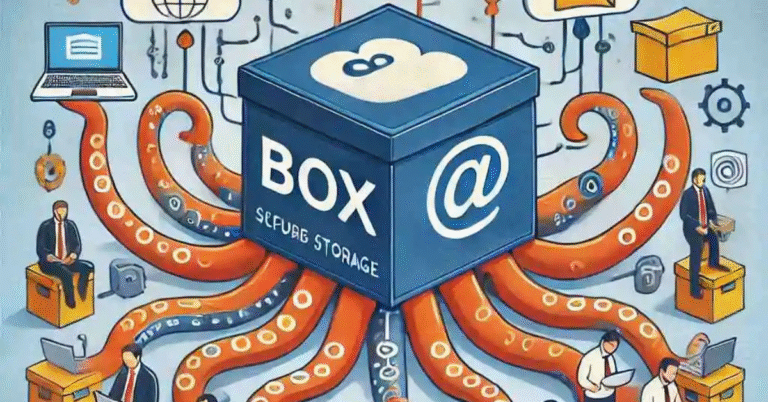Dados AS: Exploring the Core of Data-Driven Innovation

In the era of digital transformation, Dados AS has become a crucial element for businesses and organizations looking to gain a competitive edge. The term “Dados,” meaning “data” in Portuguese, and “AS,” typically representing “Application Systems” or “Analytics Solutions,” combine to form the concept of it, a comprehensive framework for managing, analyzing, and securing data in today’s information-driven economy.
As global industries become more dependent on real-time analytics, automation, and machine learning, Dados AS stands out as the backbone of digital innovation. It’s not merely about collecting data, it’s about transforming information into intelligence.
Understanding Dados AS
At its core, Dados AS is an integrated data management and analytics system that enables organizations to turn raw data into actionable insights. It encompasses technologies like big data processing, AI algorithms, data warehousing, and cloud computing to deliver high-performance analytical capabilities.
By leveraging Dados AS, businesses can achieve:
- Better decision-making through real-time insights.
- Increased productivity via automation and optimization tools.
- Enhanced data protection through advanced cybersecurity frameworks.
Core Components and Features
| Feature | Description |
|---|---|
| Data Integration | Connects and consolidates data from multiple sources such as APIs, CRMs, and databases into a unified dashboard. |
| Machine Learning Analytics | Utilizes AI-driven models to predict trends, detect anomalies, and recommend strategic actions. |
| Cloud-Based Architecture | Ensures scalability, flexibility, and cost efficiency with remote access and storage. |
| Real-Time Reporting | Delivers live updates and reports for quick, informed decisions. |
| Security and Compliance | Implements encryption, access control, and compliance with global standards like GDPR. |
These features make Dados AS an indispensable asset in modern enterprises that value precision, transparency, and technological adaptability.
How it Transforms Business Performance
1. Empowering Decision-Makers
Dados AS enables executives to visualize key metrics and make strategic choices based on solid evidence rather than assumptions. Predictive analytics helps anticipate market trends, improving planning and profitability.
2. Streamlining Operations
By automating repetitive data tasks, it minimizes human error and reduces operational costs. From logistics optimization to workforce analytics, its applications extend across all business layers.
3. Enhancing Customer Experiences
Through behavioral analysis and data segmentation, Dados AS allows brands to deliver personalized services, tailored recommendations, and dynamic pricing leading to higher engagement and loyalty.
4. Boosting Data Security
Dados AS ensures that all data, whether personal or corporate, is securely managed with encryption, multi-factor authentication, and real-time monitoring systems to prevent breaches.
Innovation Through Data Collaboration
One of the most remarkable strengths of Dados AS lies in its ability to foster data collaboration across organizations and sectors. By creating shared data ecosystems, it enables multiple entities—such as research institutions, businesses, and government bodies—to work together seamlessly. This collaboration not only enhances the accuracy of analytics but also accelerates discoveries and innovations. In industries like healthcare and environmental research, collaborative data systems powered by Dados AS are transforming the way problems are solved on a global scale.
Sustainability and Environmental Applications
In recent years, Dados AS has also become an essential tool in promoting sustainability and environmental management. By analyzing massive datasets from sensors, satellites, and smart devices, Dados AS helps governments and organizations monitor pollution, track energy consumption, and predict climate patterns. These insights enable the development of eco-friendly policies, efficient energy systems, and sustainable production processes. The integration of Dados AS into green technologies is paving the way for a more responsible and balanced digital future.
The Human Side of Dados AS
While Dados AS is heavily technology-driven, its success depends greatly on human intelligence and ethical responsibility. Skilled analysts, data scientists, and decision-makers play a crucial role in interpreting data correctly and ensuring it’s used ethically. The human element ensures that data-driven insights align with social values, privacy standards, and long-term goals. By combining human creativity with machine precision, Dados AS represents a perfect example of how technology and humanity can work hand-in-hand to shape a smarter and more connected world.
Applications of DadoAS Across Industries
| Industry | Use Case | Impact |
|---|---|---|
| Healthcare | Patient data analytics, disease prediction, and record management | Improves patient outcomes and reduces administrative errors |
| Finance | Fraud detection, risk modeling, and algorithmic trading | Enhances trust, accuracy, and profit margins |
| Retail | Customer behavior tracking and inventory forecasting | Drives sales and optimizes product availability |
| Education | Student performance analytics and adaptive learning | Personalizes education and improves academic results |
| Manufacturing | Predictive maintenance and production optimization | Reduces downtime and improves quality control |
By implementing Dados AS, organizations across these sectors are turning data into a strategic asset that directly fuels innovation and efficiency.
The Technological Foundation
It is often built on a powerful combination of:
- Artificial Intelligence (AI): Enables pattern recognition and automation.
- Internet of Things (IoT): Connects devices that continuously collect and share data.
- Blockchain: Ensures data integrity and traceability.
- Cloud Computing: Provides flexibility and access from anywhere in the world.
This technological synergy allows it to provide organizations with a 360-degree view of their operations, customers, and market trends.
Benefits of Implementing
- Smarter Decisions: Helps leadership base every move on factual, data-backed insights.
- Improved Efficiency: Reduces manual workload by automating analysis and reporting.
- Increased Profitability: Identifies cost-saving opportunities and new revenue channels.
- Scalability: Easily adapts to growing data volumes and evolving organizational needs.
- Enhanced Collaboration: Promotes data sharing between departments, improving communication and coordination.
Challenges and Future Outlook
While Dados AS brings numerous benefits, it also presents challenges like data privacy concerns, integration complexity, and skill gaps in managing sophisticated data systems. However, as AI and automation continue to advance, these challenges are rapidly being addressed.
The future of it lies in self-learning systems, augmented analytics, and zero-trust security architectures, which will further strengthen its role in global digital ecosystems.
Conclusion
To conclude, Dados AS is far more than a technological trend, it is a strategic revolution in how organizations handle information. By turning massive datasets into meaningful insights, it drives innovation, enhances performance, and supports smarter, safer business operations. As industries continue to evolve, embracing it will be the key to staying competitive in a data-centric world.
FAQs
Q1. What is Dados AS?
A1.it refers to advanced data analytics systems or organizations that focus on data management, integration, and secure digital intelligence solutions.
Q2. How does Dados AS help in business growth?
A2. It empowers companies to make data-driven decisions, automate processes, and enhance overall efficiency.
Q3. Is Dados AS connected to artificial intelligence?
A3. Yes, many Dados AS solutions utilize AI and machine learning to analyze large volumes of data and generate predictive insights.
Q4. Can Dados AS improve cybersecurity?
A4. Absolutely. Dados AS platforms employ encryption, anomaly detection, and real-time monitoring to ensure data integrity and protection.
Q5. What industries use it the most?
A5. Major users include healthcare, finance, retail, manufacturing, and education sectors, all of which rely on data for operational success.
Q6. What’s next for Dados AS?
A6. The future of Dados AS includes the integration of quantum computing, deeper AI capabilities, and enhanced automation that will redefine digital intelligence worldwide.






